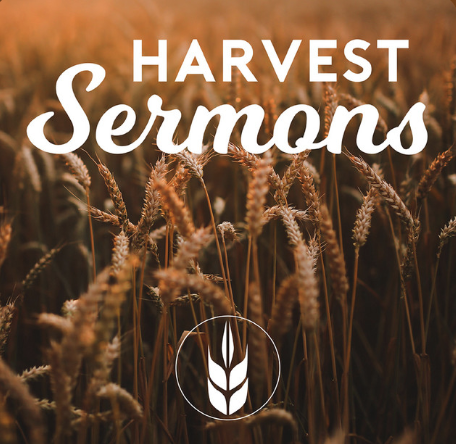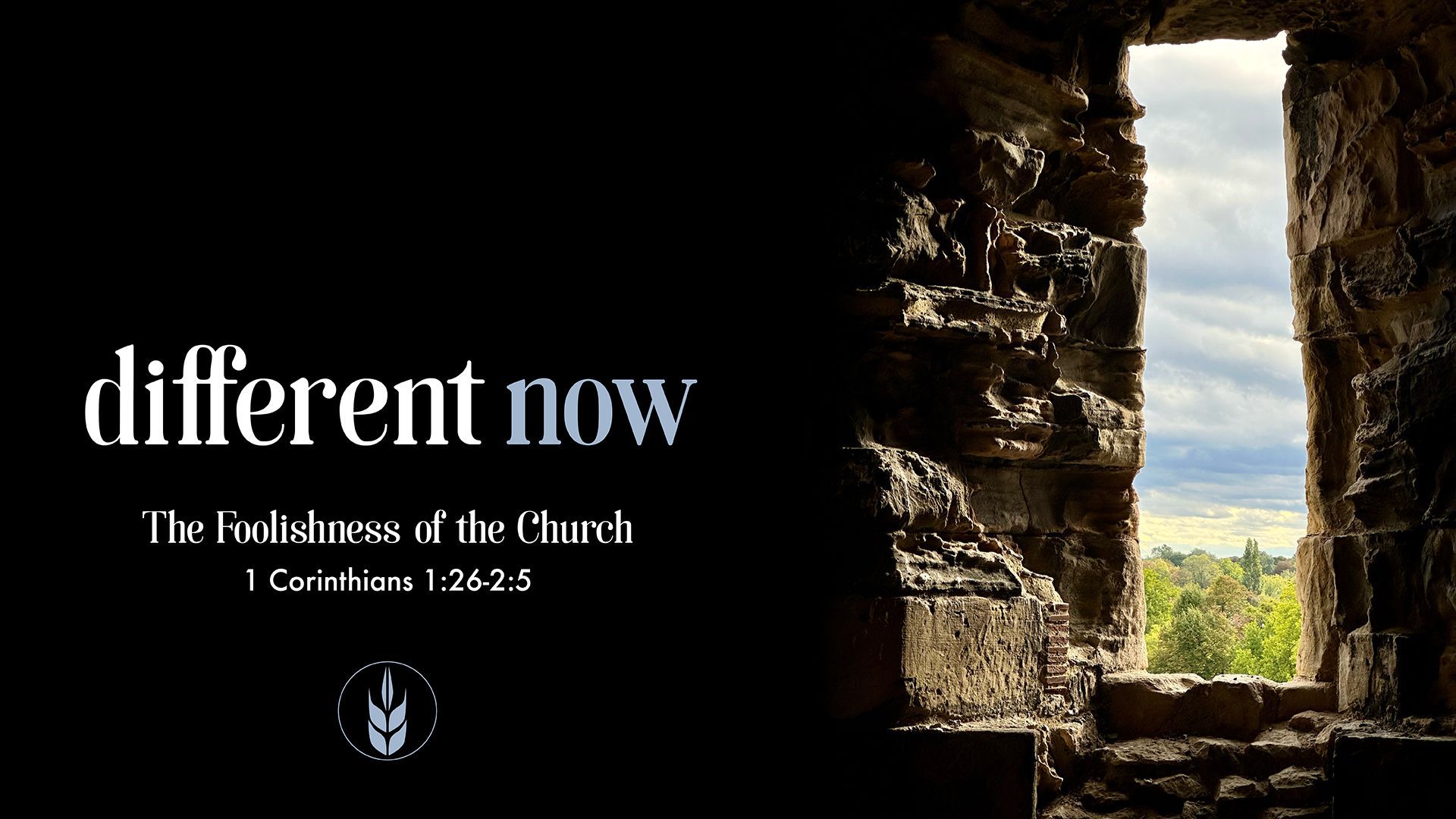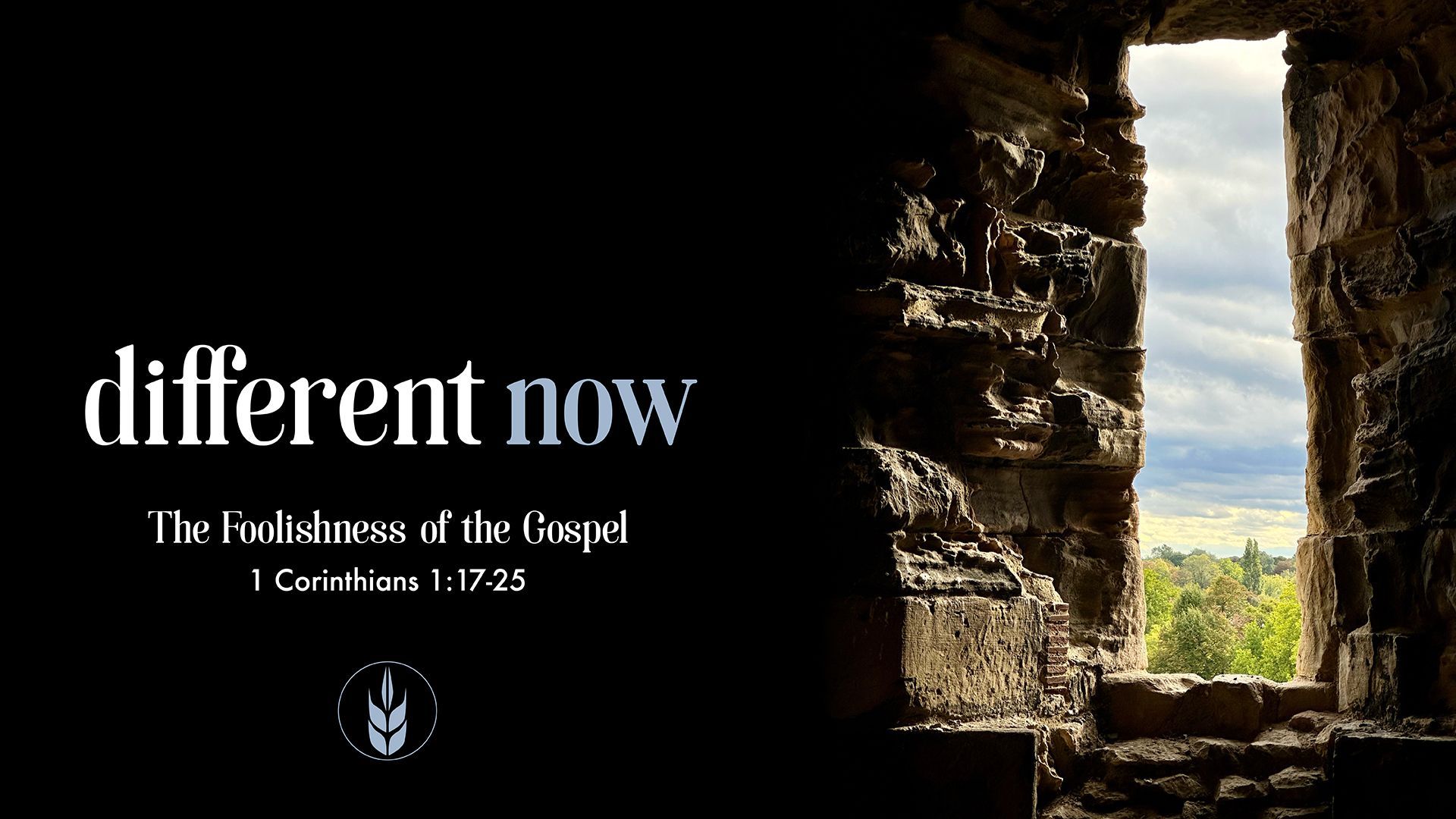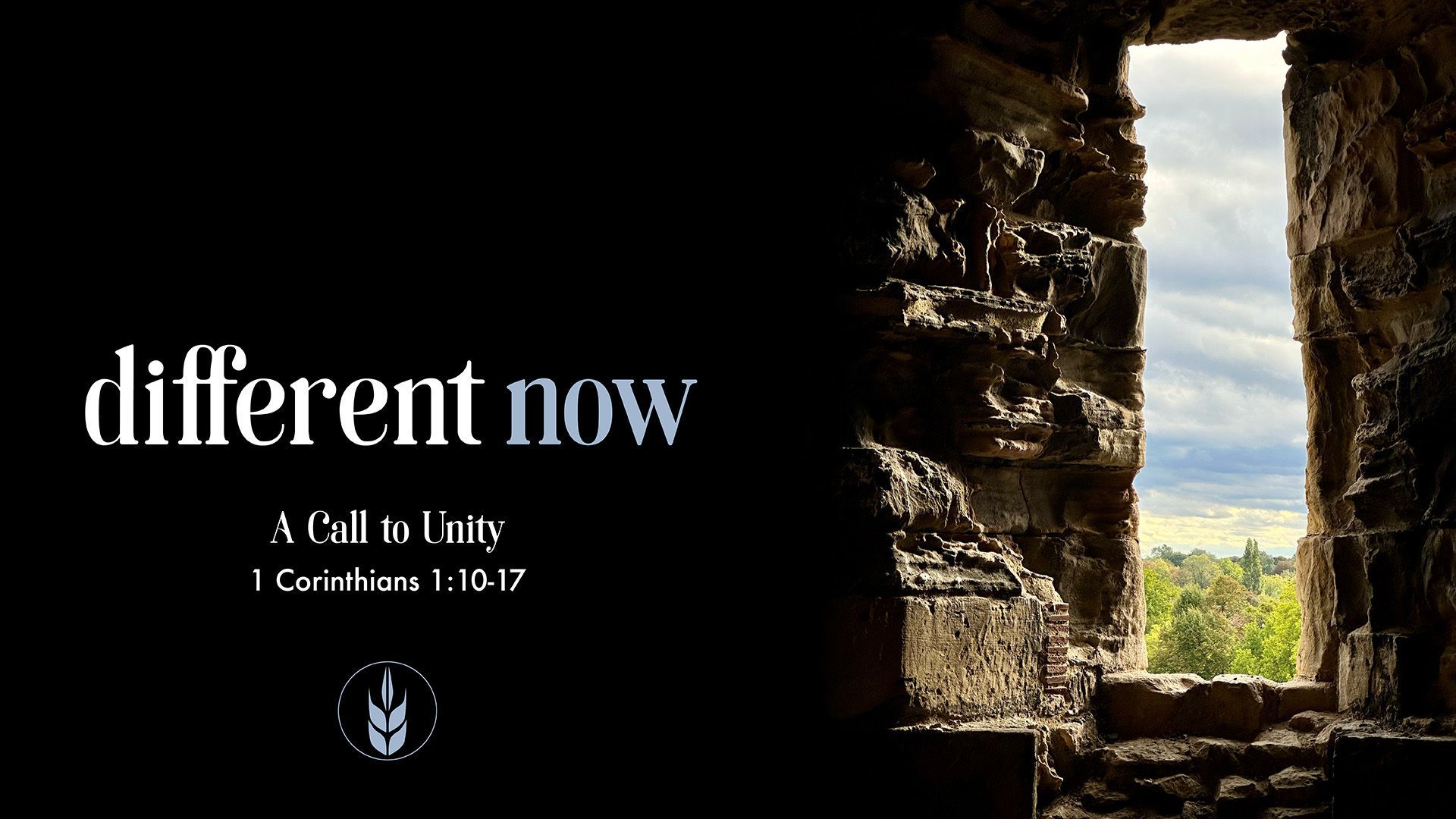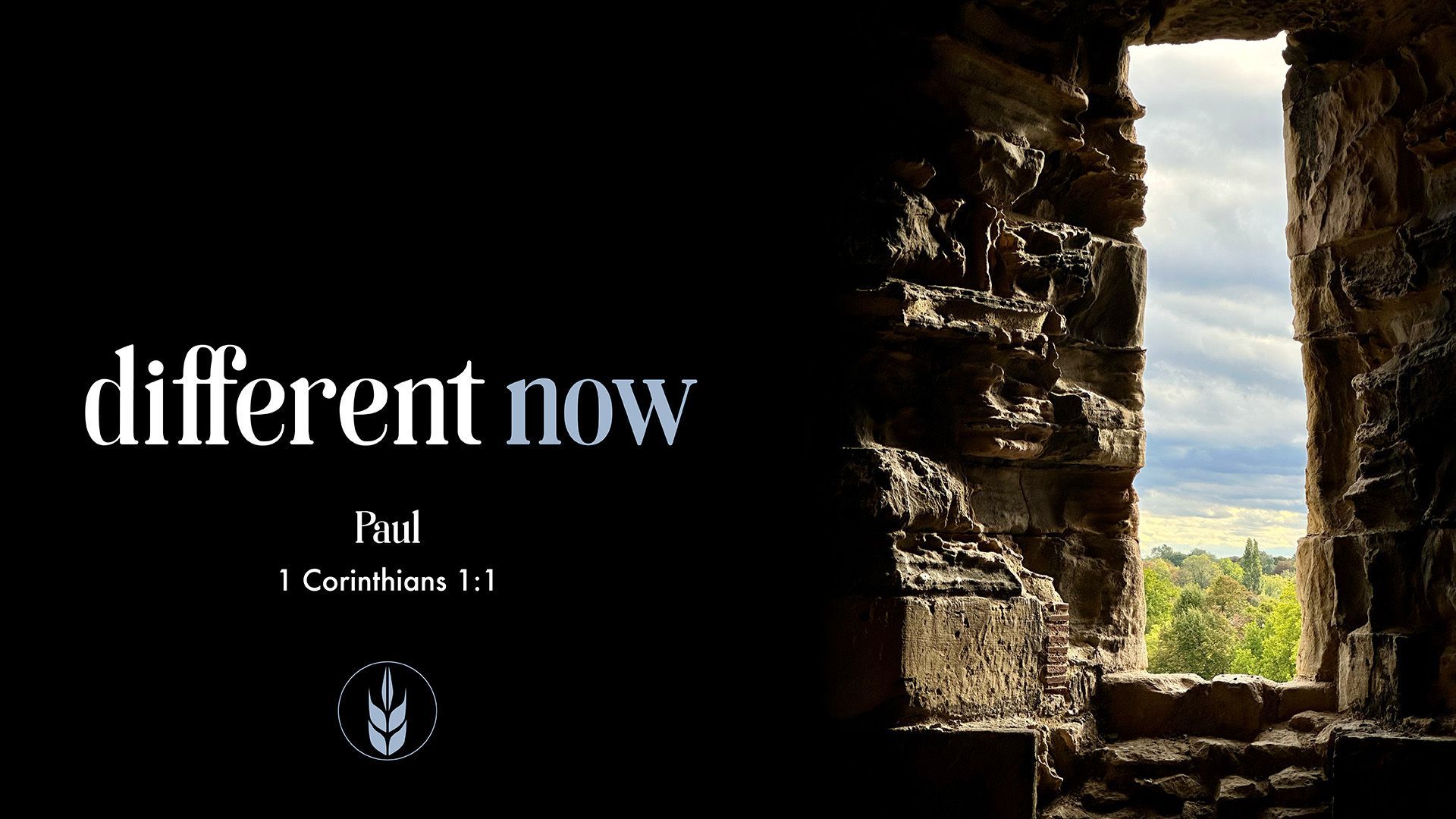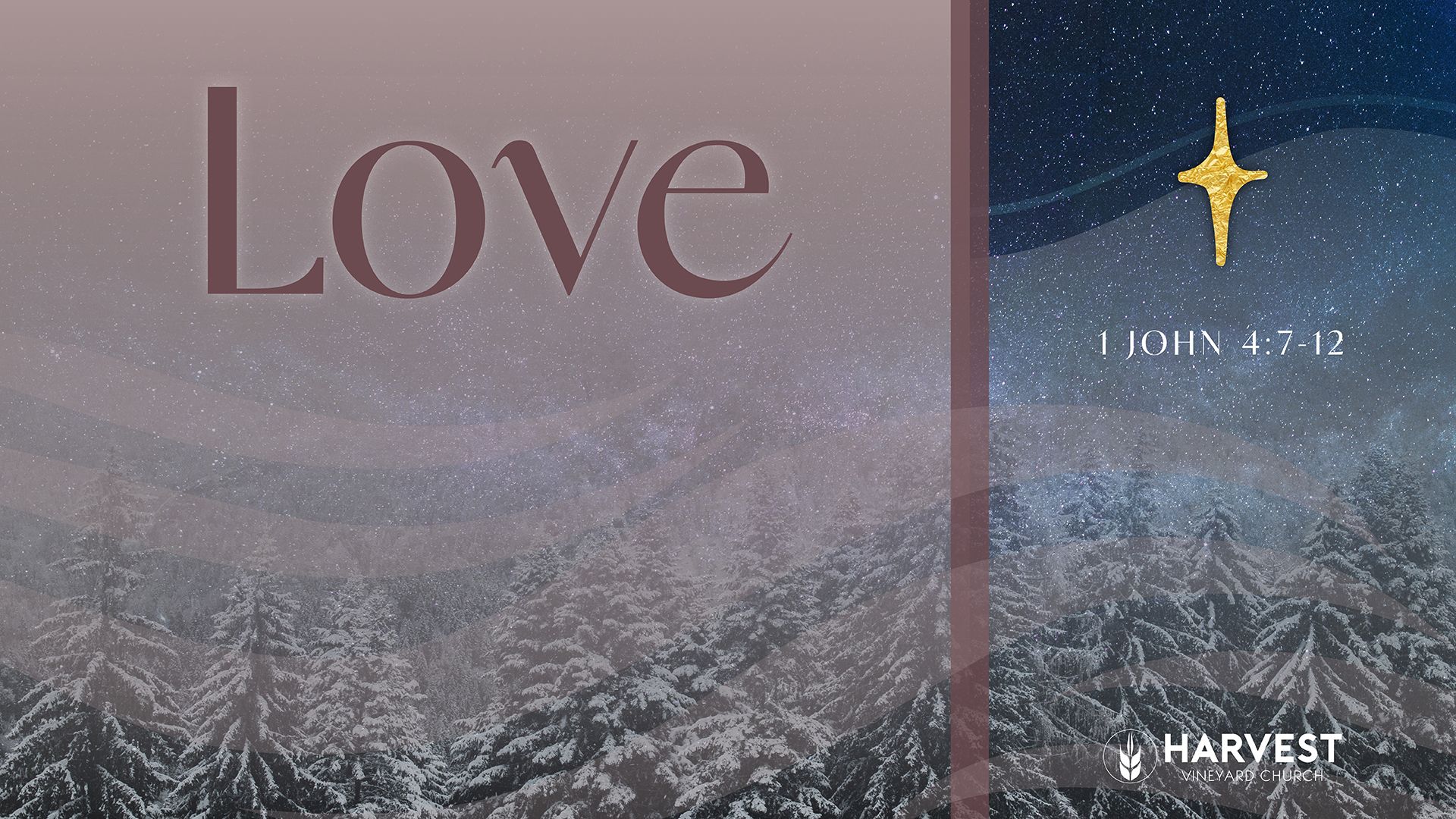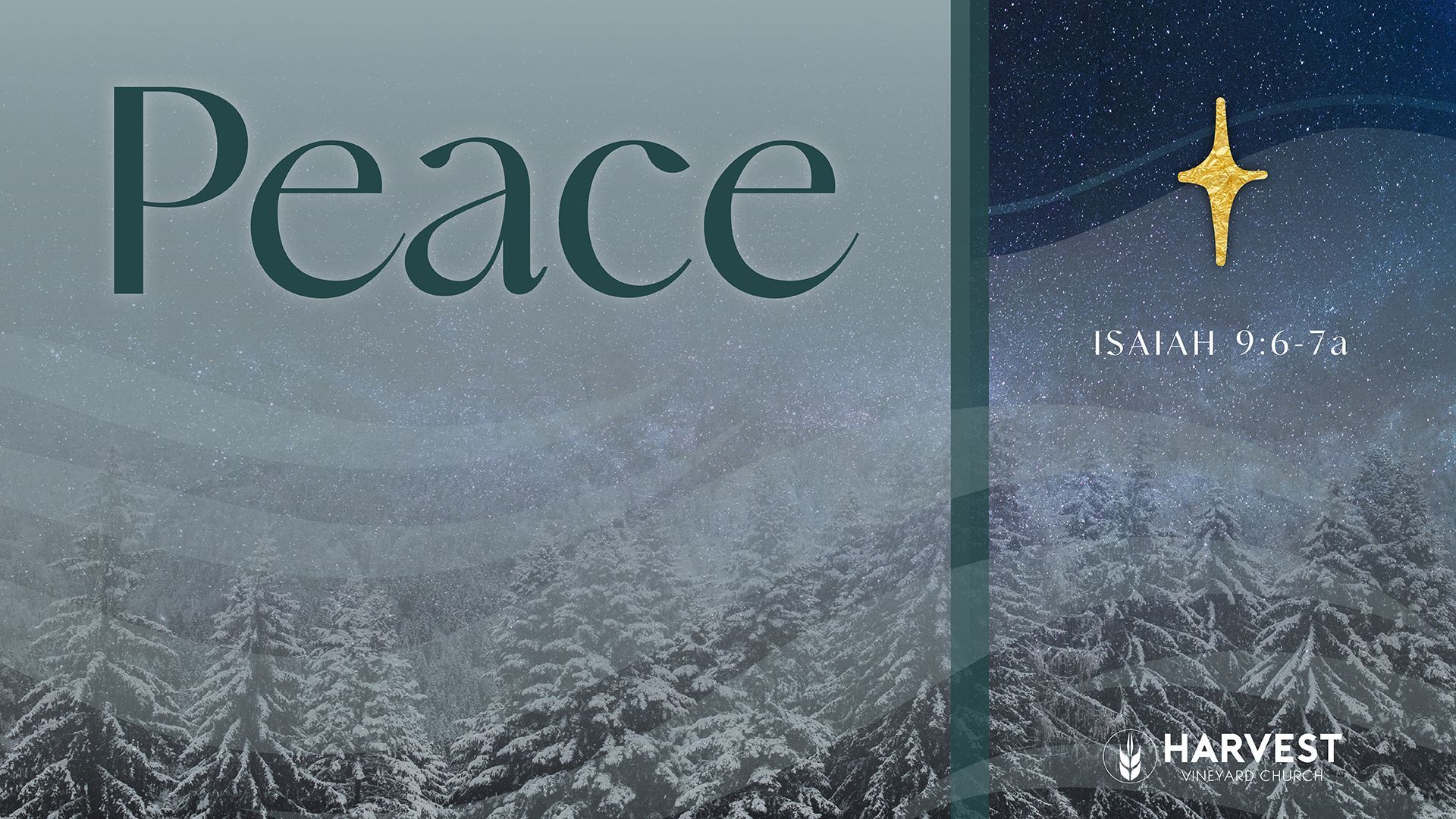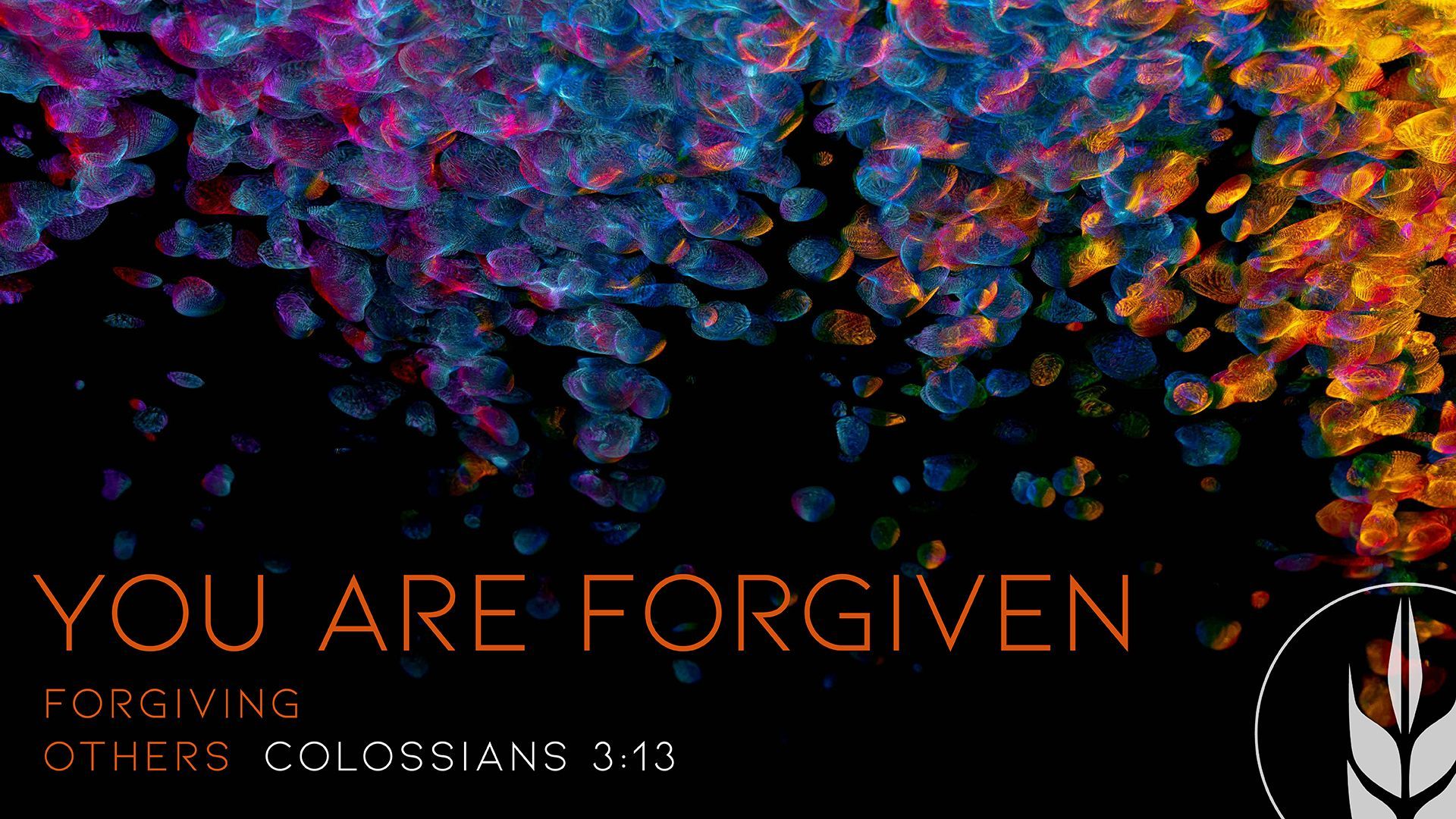
The Radical Power of Forgiveness: Breaking Free from the Prison of Bitterness
On October 2, 2006, a horrific tragedy unfolded in a small Amish schoolhouse in Nickel Mines, Pennsylvania. A man consumed by bitterness over the death of his infant daughter nine years earlier walked into the school and murdered five young girls, wounding five others before taking his own life. His grief had transformed into rage, and he believed that punishing innocent Christian children would somehow make God pay for his loss.
What happened next defies human logic.
Within hours of the killings, members of the Amish community went to the killer's home to express their forgiveness to his widow and children. They brought food. They set up a charitable fund for his family. Forty Amish people attended his funeral to console those he left behind. The funeral director who witnessed these acts said, "I knew I was witnessing a miracle."
This stunning response reveals what happens when people take Jesus' teaching on forgiveness seriously. It demonstrates the presence and reality of a whole new way of living in a world addicted to revenge.
The Challenge We All Face
We cannot navigate life without being hurt. This is simply the reality of living in a broken world. We're hurt intentionally through violence, abuse, and betrayal. We're hurt unintentionally through divorce, negligence, bad advice, and oversight. We carry wounds from addictions—both our own and those of people we love. We're hurt in small ways and catastrophic ways.
The question isn't whether we'll be hurt, but what we'll do with that hurt.
Will we escalate the violence and perpetuate the cycle of revenge, either in action or attitude? Or will we absorb the blow, forgive the perpetrator, and end the cycle? This may be the most difficult thing we're called to do as followers of Christ, but it may also be the most accurate way we imitate Him.
Colossians 3:13 says this, "Bear with each other and forgive one another if any of you has a grievance against someone. Forgive as the Lord forgave you". We're also reminded in Ephesians to "be kind and compassionate to one another, forgiving each other, just as in Christ God forgave you."
The principle is simple but not easy: we give what we've received.
What Forgiveness Is Not
Before we can embrace true forgiveness, we need to clear away some common misconceptions.
Forgiveness is not denying or minimizing what happened. It doesn't mean saying "it wasn't that big of a deal" or "there are people who've been hurt worse." True forgiveness requires radical honesty. It means naming sin as sin and acknowledging who is responsible. As theologian N.T. Wright said, "Forgiveness doesn't mean 'I don't mind' or 'it didn't matter.' It did mind. It did matter. Otherwise there wouldn't be anything to forgive at all."
Forgiveness does not mean going back to the way things were. Women have been tragically counseled to forgive abusive husbands and immediately return to dangerous situations. This is not biblical forgiveness. Forgiveness doesn't mean we rehire the embezzling accountant or trust the chronic liar. Strong, clear boundaries are not only appropriate but necessary. You can forgive someone without trusting them.
Forgiveness doesn't require an apology first. We can forgive whether or not a person ever acknowledges their sin. Romans 5 tells us that "God demonstrates his own love for us in this: While we were still sinners, Christ died for us." God offered forgiveness before we ever thought of Him or turned toward Him. We can do the same.
Forgiveness is different from reconciliation. Forgiveness is a one-way act—unconditional and standing alone. Reconciliation is a two-way street that requires the other person to acknowledge their sin, stop hiding it, repent, and make amends where possible. You can forgive someone whose back is turned toward you, but you cannot have peace with them until they turn around.
Forgiveness does not deny justice or consequences. Even King David, after being forgiven by God, still experienced consequences for his sin. Forgiveness doesn't mean getting off "scot-free." There may be lost relationships, lost jobs, lost trust, or lost reputation. What forgiveness does deny is our attempt to get even. We leave perfect justice to God because only He can balance the scales.
The Gift of Forgiveness
Forgiveness is always a gift—never earned. It's a gift we give to others, and remarkably, it's a gift we give ourselves.
When we refuse to forgive, the past begins to poison the present. Holding onto unforgiveness is like buying rat poison to deal with a rat problem and then eating it yourself. It doesn't hurt the rats at all—it only kills you.
Corrie Ten Boom, who survived Nazi concentration camps where her entire family was murdered, said it perfectly: "To forgive is to set a prisoner free and discover that the prisoner was you."
Unforgiveness is a prison sentence we place upon ourselves, keeping us locked in the past. Hate, resentment, and the desire for revenge chain us up, forever binding us to our pain. Forgiveness opens a door of hope to the future.
Pain has a world-shrinking effect. When we hold onto hurt, we withdraw from relationships, trust fewer people, and close in on ourselves. Our lives become smaller, our hearts harder, our capacity for joy diminished. Forgiveness expands our world again, letting us breathe to our maximum spiritual capacity.
The Practice of Forgiveness
So how do we actually forgive?
First, remember the forgiveness we've received from God. We don't forgive from a place above, looking down on someone else. We forgive from level ground at the foot of the cross. We've embraced an ocean of forgiveness from the Lord, and we can give a cup.
Second, get honest before God. Name what happened. Name how you feel. Name how it impacted you. Don't spiritualize it or make excuses. Pour it all out authentically.
Third, release them. Picture opening your hands and letting go of the person, the hurt, the grudge, the desire for revenge. Say, "God, I release this person to you. I release this pain to you. I trust you to judge. I'm giving up my right to collect the debt."
Fourth, pray for mercy and blessing on them. Ask God to forgive them, to bless their lives, to give them His best. If the thought of something bad happening to them still brings secret satisfaction, you haven't finished the journey yet.
The Journey of Seventy Times Seven
When Peter asked Jesus how many times he should forgive someone—suggesting seven times seemed generous—Jesus answered, "Not seven times, but seventy-seven times" (or seventy times seven).
The problem with counting is that we're still keeping score, waiting for the moment when we can justifiably seek revenge. Jesus removes the limit entirely.
C.S. Lewis wrote, "There's no use talking as if forgiveness were easy... We need to forgive our brother 70 times 7, not only for 490 offenses, but for the one offense." The real challenge is forgiving the same offense again and again, every time it recurs to memory.
Forgiveness is often a journey rather than a one-time act. Memories resurface, pain returns, anger flares up, and we must release them again. It takes however long it takes. There are no formulas.
A World Transformed
What changes the world is not more revenge or more retaliation. Those of us who have received an ocean of forgiveness have more to offer than recycled rage. We can become forgiven forgivers, flooding a world bent on vengeance with the grace of forgiveness.
This doesn't just set others free—it sets us free. And in doing so, we display something of the kingdom of God breaking into a broken world, demonstrating that there is indeed a better way to live.
The question remains: Who are you being called to forgive?
Hit play to listen to the sermon this blog is based on
At Harvest Vineyard, we believe we are better together, in community. We're glad you're here.
ENCOUNTER CHRIST.
EXPERIENCE COMMUNITY.
LOVE THE WORLD.
We believe that experiencing the love and mercy of God is more effective in bringing change to people's lives than rules, guilt, and condemnation. We have attempted to make our community a place where people can come as they are and still experience love and mercy. At the same time, we desire to learn and apply the truth of God to our lives and learn how to speak truth to one another.

